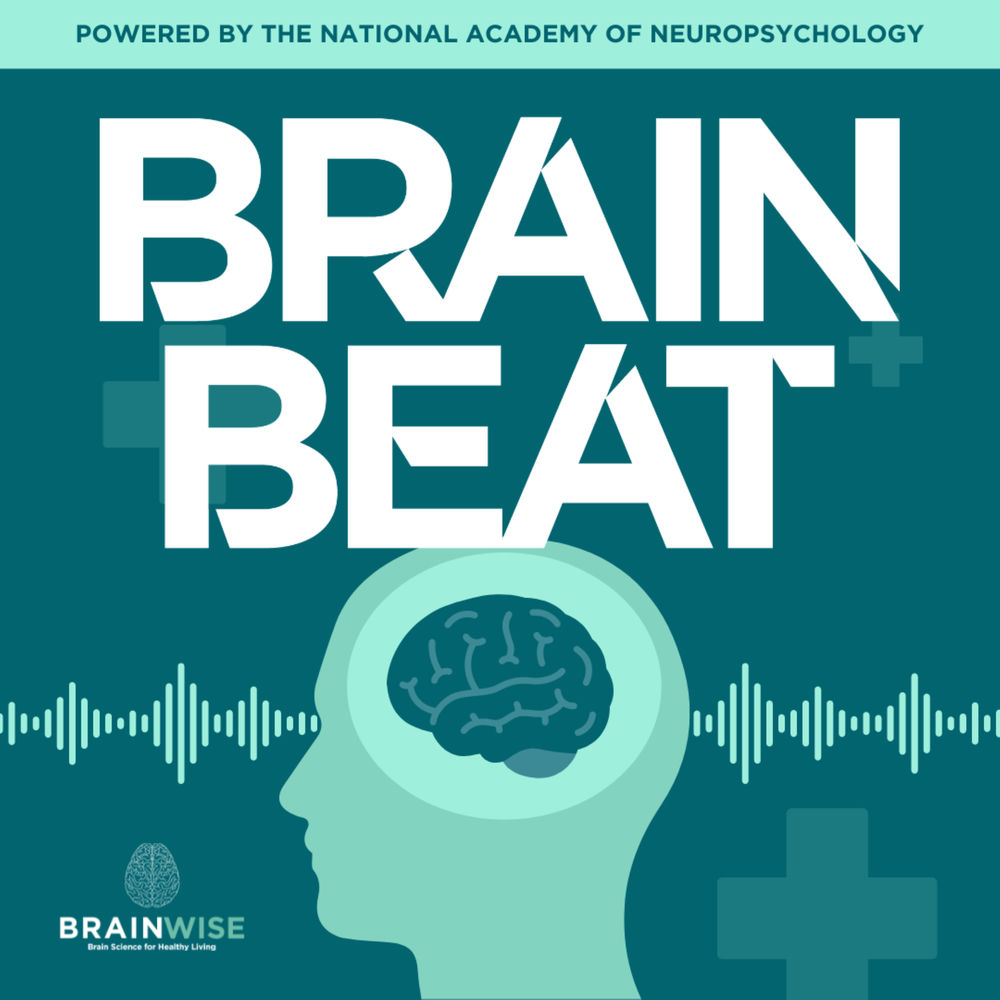
Research Indicates That Engaging with Music Could Lower Dementia Risk by Over 30%

How frequently do you enjoy music? After going through this article, you may feel inspired to listen to your beloved tunes repeatedly. A recent study featured in the *International Journal of Geriatric Psychiatry* indicates that individuals who engage with music or play an instrument can lower their risk of developing dementia by more than one-third.
The research conducted by the School of Public Health and Preventive Medicine, Monash University, Melbourne, Australia, examined over 10,800 adults in Australia aged 70 and above. Their goal was to find out if participation in music—whether through listening, playing an instrument, or both—could offer protection against dementia and memory decline, while promoting better brain health in aging individuals. The team monitored participants over several years, utilizing an analytical approach known as a Cox proportional hazards model to assess cognitive changes over time. Beginning from the study’s third year, they evaluated dementia prevalence among participants with varying degrees of musical engagement.
Additionally, they employed a different approach, known as a linear mixed model, to investigate how music activities correlated with overall cognitive and memory health throughout the research. Significantly, the researchers considered other variables that might affect the outcomes—such as age, gender, and education level—to ensure the results specifically emphasized the impact of musical involvement.
The findings revealed that those who “always” listened to music had a 39% reduced risk of developing dementia compared to individuals who rarely or never listened. The researchers also discovered that regular music listening was associated with a 17% lower risk of experiencing Cognitive Impairment No Dementia (CIND), a condition characterized by significant issues with memory, thinking, or decision-making that surpass normal aging but do not yet qualify as dementia.
If you create music, you’re fortunate as well. The research suggests that frequently playing an instrument was linked to a 35% reduced risk of dementia. Furthermore, participants who both listened to and played music experienced a 33% reduced dementia risk and a 22% lower CIND risk. Interestingly, the beneficial effects were more prominent among those with higher educational attainment, particularly individuals who had studied for over 16 years.
“Evidence indicates that brain aging is influenced by more than just age and genetics; it can also be shaped by one’s environmental and lifestyle choices,” the researchers state. “This underscores the potential for lifestyle-based strategies to enhance cognitive health. Consequently, engaging with music has been recognized as a promising approach for sustaining cognitive wellbeing.”
While a cure for dementia remains elusive, studies like this have significantly advanced our understanding of preventing or postponing the onset of the disease. Another recent report hints that having a sense of purpose can also aid in maintaining brain resilience.
*Source: [What Is the Association Between Music-Related Leisure Activities and Dementia Risk? A Cohort Study](https://onlinelibrary.wiley.com/doi/10.1002/gps.70163)*
Related Articles:
[Study Finds That Dementia Rates Are Declining](https://mymodernmet.com/dementia-rates-declining/)
[Having a Purpose in Life Can Reduce the Risk of Dementia, New Research Finds](https://mymodernmet.com/purpose-in-life-dementia-risk-reduced-new-study/)
[Teen Invents Gadget To Help Dementia Patients Like His Grandmother](https://mymodernmet.com/hemesh-chadalavada-alpha-monitor/)
[Woman With Early-Onset Dementia Embroiders What Her Brain Looks Like to Her](https://mymodernmet.com/embroidered-brain-dementia/)